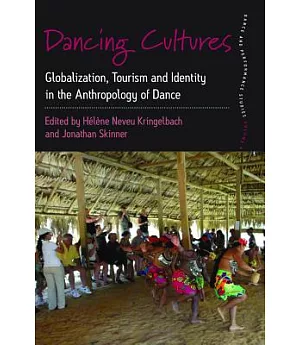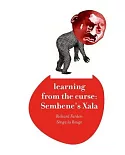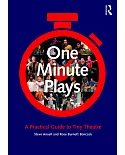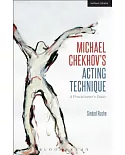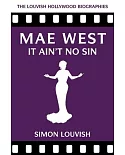Dance is more than an aesthetic of life – dance embodies life. This is evident from the social history of jive, the marketing of trans-national ballet, ritual healing dances in Italy or folk
dances performed for tourists in Mexico, Panama and Canada. Dance often captures those essential dimensions of social life that cannot be easily put into words. What are the flows and
movements of dance carried by migrants and tourists? How is dance used to shape nationalist ideology? What are the connections between dance and ethnicity, gender, health, globalization and
nationalism, capitalism and post-colonialism? Through innovative and wide-ranging case studies, the contributors explore the central role dance plays in culture as leisure commodity, cultural
heritage, cultural aesthetic or cathartic social movement.

